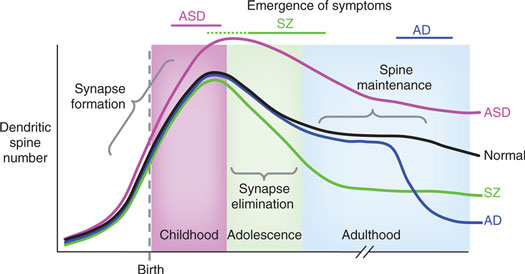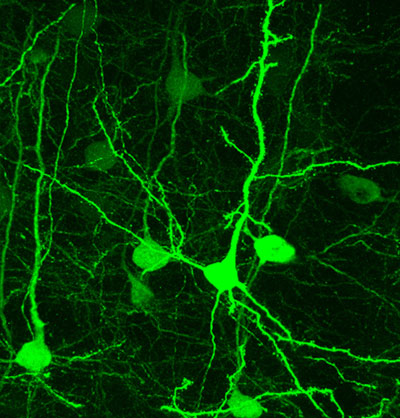Gek-Ming Sia, Ph.D.
Assistant Professor of Pharmacology
Personal Statement:
We study the basic mechanisms of synapse formation and elimination in the brain. Specifically, we seek to 1) characterize the genes that regulate synapse formation and elimination, 2) identify the cell types and cellular processes that regulate these processes, and 3) determine the behavioral domains that are affected when specific populations of synapses are in excess or deficit as a result of perturbations in the processes of synapse formation and elimination. An imbalance between synapse formation and elimination plays a role in the pathogenesis of many neurodevelopmental disorders such as autism and schizophrenia. The abnormal reactivation of complement-mediated synapse elimination also plays a role in synapse loss in many neurodegenerative disorders.
One particular focus of our research is on the complement cascade of the innate immune system, which has been found to mediate synapse pruning during brain development. The complement system also contributes to synapse loss in many neuropsychiatric diseases, in particular, schizophrenia and Alzheimer’s disease. We study which neural circuitries are affected by the complement-mediated synapse elimination in both development and disease, and how complement activation is regulated in the brain, which is segregated from conventional complement inhibitors in the blood by the blood brain barrier. This research may lead to novel therapies for many brain diseases that involve synapse loss.
We use transgenic mouse models heavily in our work, as well as a variety of biochemical and anatomical techniques. We are particularly experienced in anatomical assays of synapse density, as well as associated readouts such as microglial engulfment of synapses. We also utilize various behavioral assays, such as the 3 chamber sociability test and the infant pup ultrasonic vocalization assay.
We are currently looking for Ph.D. students.
Education
Ph.D., Johns Hopkins University - Baltimore





